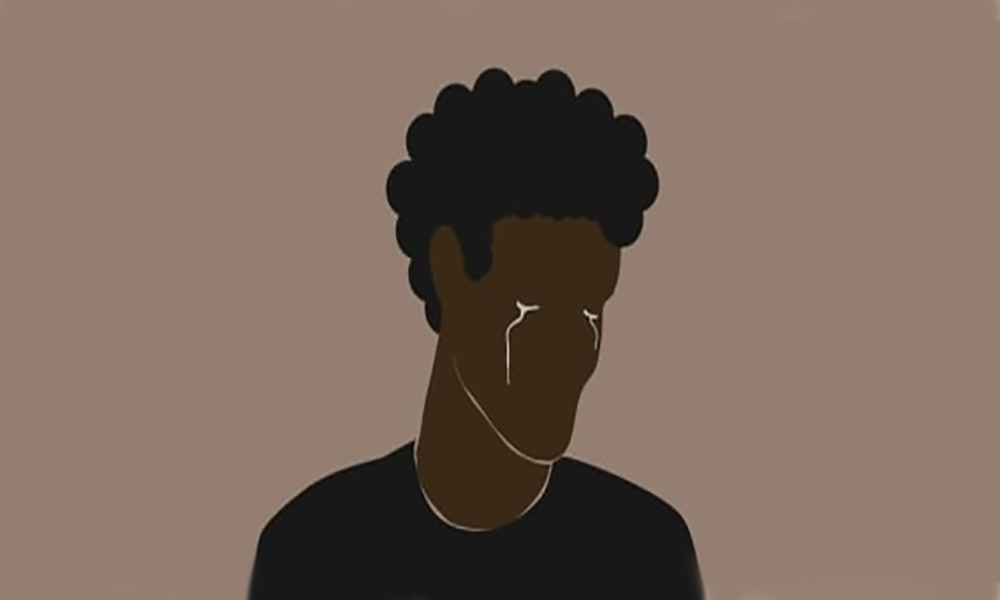
How to combat hate speech
Muntasser Ibrahim
The United Nations has defined hate speech as any type of verbal, written or behavioural communication that attacks or uses derogatory or discriminatory language by referring to a person or group on the basis of identity and in other words on the grounds of religion, ethnicity, nationality, race, colour, origin, sex or other identifying factors. This discourse is often rooted in the feelings of intolerance and hatred that it fuels at the same time, and in some contexts can be humiliating and lead to divisions.
The Sudanese context, which we are talking about, in fact, is the context of deep divisions in the political, social and economic structure, which historically manifest themselves in three accompanying or concomitant crises that hold together; These are:
I. Prolonged and escalating civil war involving Sudanese geographical trends, which has seriously affected national unity and the cohesion of the State and society.
2. A continuing economic collapse has led to widespread impoverishment in cities, rural areas and increasing population migration.
3. Successive political changes and coups d �tat, starting with a civilian democratic system, a military and totalitarian coup d �tat, then a popular uprising and a democratic system. Each regime presents itself as a saviour and is based on specific alliances within the framework of the main dominant forces in cities and countryside, which have destabilized and subverted their economic structure and social fabric and threatened their unity.
In the light of the three variables, above, that have taken place in the Sudanese context over the years of the post-independence State, they must be reflected in the daily lives of the Sudanese and come into direct contact with their lives. They can be monitored and observed in the context of daily communication vocabulary and community communication discourse.
They must contain hate speech as a reflection of the crisis of perpetuity -- tragedies of the past -- daily tension in the present -- fear of what the absentee can hold in the future.
The sentiment is only the immediate or accumulated daily emotions of the past in the form of remembrance or risk, or those hopes we anticipate or expect (uncertainty), and the fact that life in the Sudan is going through the various paths of the aforementioned existential crisis, as hate speech must remain in the multiplication of daily communication.
Hatred, hatred, hatred or abhorrence are withdrawal feelings accompanied by extreme disgust, alienation, hostility, lack of sympathy for someone, something or even a particular phenomenon. In addition, as the polarization of competitive currents or conflict attitudes in the Sudan grows, We note that the rhetoric of incitement is clearly growing, which is particularly dangerous when it seeks to incite people to violence towards a particular group, even in its less severe forms, such as repeated insulting, slanderous or harmful stereotyping that may create malicious environments and lead to negative repercussions.
In view of the various paths of existential tension in the Sudanese context, we believe that the system as a whole needs a comprehensive process of reform, that is, a constructive process of relations, to break with structurally existing hate speech, through a process of reconciliation.
The imbalance that exists as a result of the dysfunctional structure of relations - vertically between the State and society in the form of an imbalance of function and the relationship between power and citizen on the one hand, and horizontally between members of each others societies in the form of cultural, developmental and other disparities, cannot be addressed above and beyond the monitoring of only forms of hate speech; But it is better to do so, through a process of reconciliation, through which society moves from a divided past to a common future. What is most useful is a process of redesigning and building relationships, where reconciliation addresses relationships between those who will have to implement these solutions.
Furthermore, in this practice-oriented definition, a long, deep and broad process of change; It requires changes in peoples aspirations, emotions and feelings, perhaps even beliefs.
Besides the reconciliation process, the States structural reform process is at a level that addresses the imbalance in power relations, in the form of a political and social contract that responds to the challenges of development and bridges the development gap between societies, advancing peoples lives in a way that satisfies their basic needs and thus leads to prosperity and complementarity, and creating harmony rather than competition and division.

